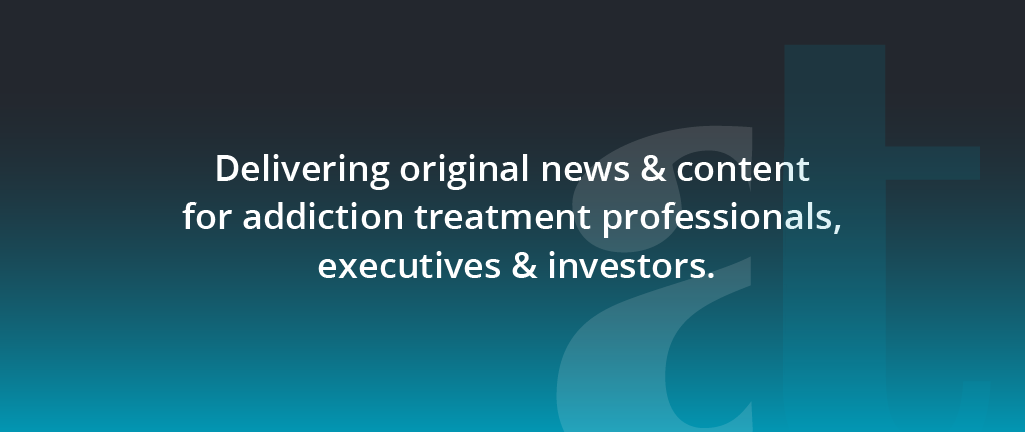Many obstacles can hinder access to opioid treatment, including stigma, insufficient clinician training and lack of a care continuum. A new partnership between Acadia Healthcare (Nasdaq: ACHC) and Uber Health (NYSE: UBER) is tackling a crucial but less discussed barrier: transportation.
“We talk a lot in this industry about access to care from a lot of different angles,” Dr. Nasser Khan, operations group president for Acadia’s CTC business, told Addiction Treatment Business. “Number one is, can I get to the appointment?”
Franklin, Tennessee-based Acadia has a network of 253 behavioral healthcare facilities with approximately 11,200 beds in 38 states and Puerto Rico. The company recently expanded its CTC footprint with the acquisition of three new North Carolina locations.
Approximately 2.7 million people in the U.S. report having an opioid use disorder (OUD). Despite this, as many as 70% of people with OUD do not receive treatment.
Lack of transportation can lead to rescheduled or missed appointments, delayed care and poorer health outcomes. The new partnership allows patients with OUD at Acadia’s Comprehensive Treatment Centers (CTCs) to receive a ride through Uber Health.
San Francisco, California-based Uber Health is the health care arm of ride-share solution Uber. The HIPAA-enabled solution provides non-emergency medical transportation, prescription delivery and even groceries to patients of its health care customers. Its customer list includes Boston Medical Center and ModivCare.
Inside the partnership
Populations with chronic diseases, like OUD, and Medicaid enrollees, are particularly impacted by transportation difficulties. Acadia’s CTC business largely serves patients who are Medicaid beneficiaries.
“You’ve got patients with a significant high-acuity chronic disease and a disproportionately Medicaid population and economically disadvantaged population,” Khan said. “It’s a dual whammy.”
Providing transportation decreases wait times for treatment, improves no-show rates and prevents care escalations to higher levels of care, such as urgent care or emergency department (ED) visits, enhancing continuity of care and health outcomes.
Improving access to care has business and clinical consequences. For Acadia, the deal is a long-term investment in its patients’ retention and treatment metrics, rather than an effort to maximize reimbursements.
“No show refers … to a lost appointment as a lost piece of revenue,” Khan said. “That’s not what’s relevant here. What’s relevant here is that somebody missing a scheduled appointment creates a substantial risk that the patient could relapse.”
Keeping patients engaged in longitudinal treatment that prevents inpatient and ED visits can have far-reaching economic impacts. Data from PINC AI released last year found that patients with an OUD diagnosis have a 32% higher cost per ED visit and an 8% higher cost per inpatient visit.
The annual total cost of care for these types of visits associated with OUD was estimated to be $95.4 billion nationally.
“For society, there’s an enormous economic impact incentive to keep people engaged in longitudinal treatment,” Khan said.
Patients in specific circumstances that limit access to transportation or those in an immediate crisis can receive a ride to an Acadia CTC through Uber Health.
Acadia providers and care coordinators can coordinate transportation for their patients through Uber Health’s desktop dashboard, according to Caitlin Donovan, global head of Uber Health.
Patients enrolled in the program are not required to have a smartphone, the Uber app, or a credit card to receive a ride. Instead, they receive a text or phone call to alert them that their ride is on the way.
“Acadia turned to us because their team identified transportation as a major barrier for patients seeking behavioral health care and addiction treatment,” Donovan said. “For their addiction treatment programs in particular, consistent attendance is essential, and difficulty accessing transportation may result in patients delaying treatment or experiencing disruptions to their program.”
Acadia previously leveraged Uber Health to connect its patients to care, but the new partnership represents a national, enterprise-level agreement that will later be scaled up.
Transportation issues are not unique to substance use disorders; patients in all sectors of health care can suffer poorer health outcomes because of a lack of transportation. Acadia plans to expand the program across its entire business after rolling it out across its CTC clinics.



